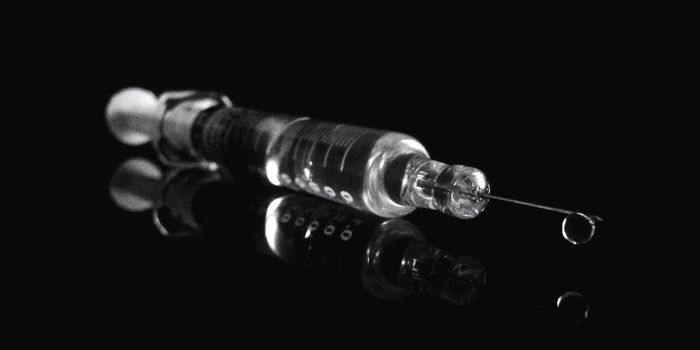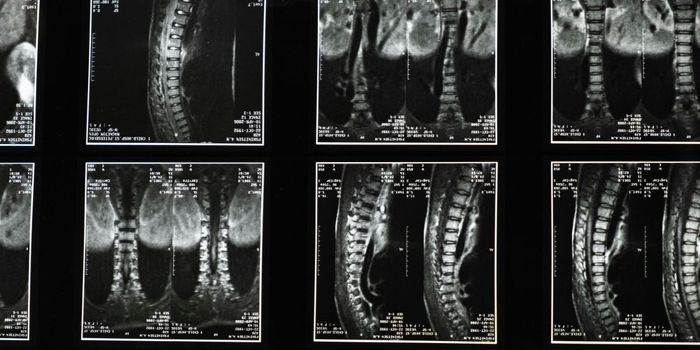Could Stem Cells Cure Type 1 Diabetes?

Dr. Melton, a Type 1 diabetes researcher and Harvard University biologist inspired by his two kids who both have the disease, partnered with Dr. Altshuler, a Harvard professor and chief scientific officer at Vertex Pharmaceuticals, to develop a new treatment for diabetes using stem cells. With this treatment, patients receive an infusion of cells grown from stem cells that now resemble the insulin-producing cells of the pancreas.
Mr. Shelton, the first patient to enroll in Vertex Pharmaceutical's clinical trial for the treatment, received the infusion and now has normal blood sugar readings without taking insulin. Insulin injections can lead to hypoglycemia, which itself can cause coma and death, and is a particularly worrisome side effect of insulin since it can happen without warning while patients are asleep. Researchers are awaiting results over the long term, but Mr. Shelton may become the first person to be cured of Type 1 diabetes with this new treatment. Previously, the closest thing to a cure was a pancreas transplant, but this was found to be impractical because of the limited number of available transplants relative to the number of Type 1 diabetes patients.
One of the downsides to this new therapy, just like with pancreas transplants, is the need for immunosuppressive drugs to avoid rejection of the stem cells since, after all, they are foreign. How long the beneficial effects on blood sugar last, and whether or not there is a need for repeated treatments, is unknown at this time. Vertex Pharmaceuticals has also not yet revealed the price of the new therapy and has been scrutinized in the past for hefty pharmaceutical price tags.
Sources: The New York Times, StatPearls, J Community Hosp Intern Med Perspect








